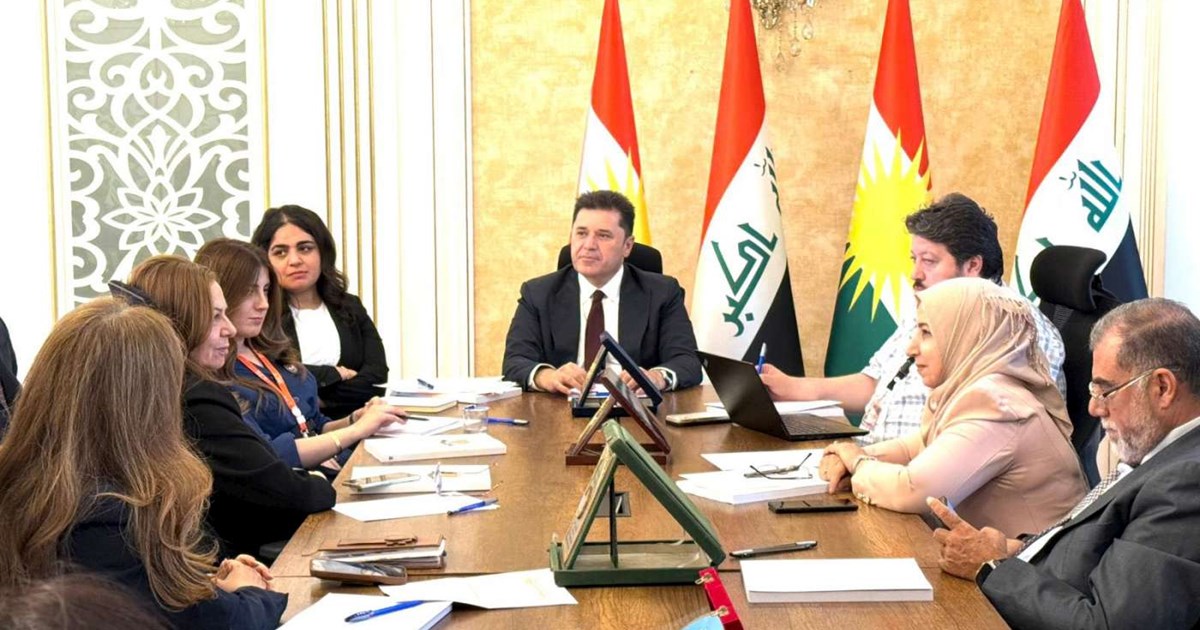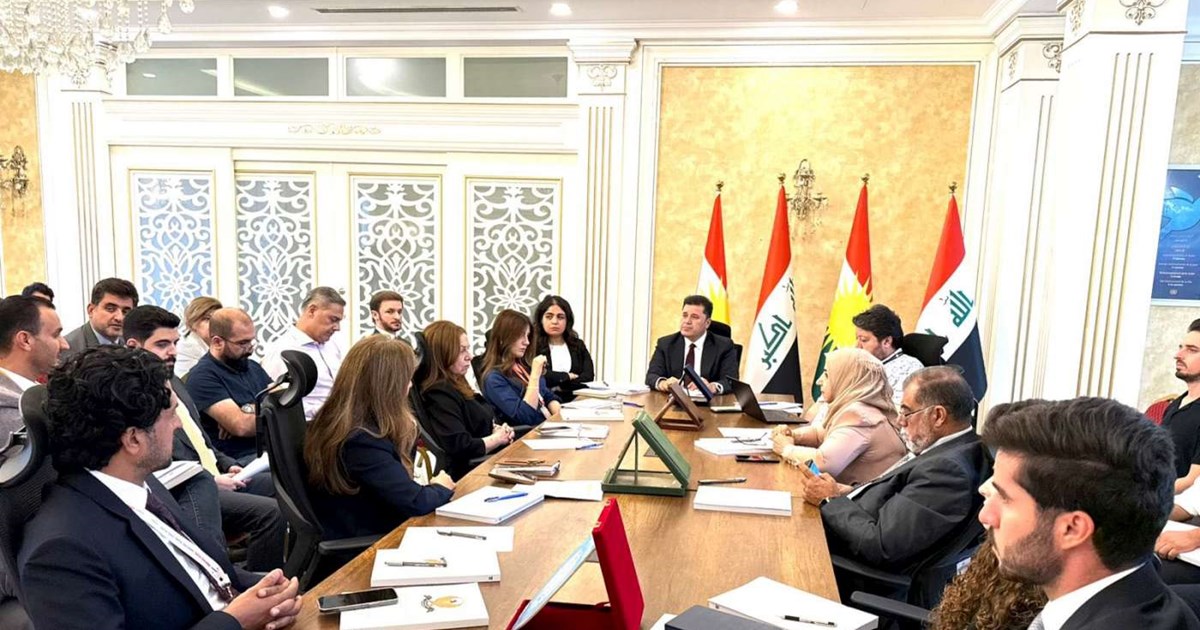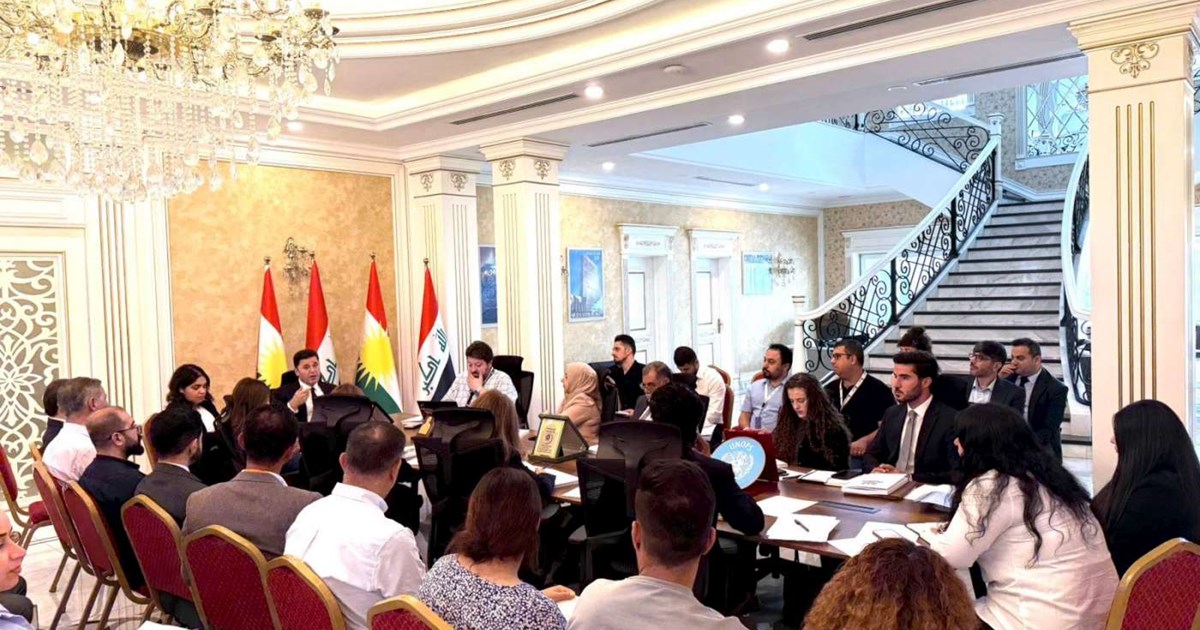KRG and Civil Society Commit to Joint Action on Human Rights Implementation

On Wednesday, 6 August 2025, the Kurdistan Regional Government’s (KRG) Office of International Advocacy (OCIA) convened a roundtable with local and international civil society organisations to enhance co-operation mechanisms for implementing the Region’s Human Rights Plan.
Participants reviewed recent progress made under the KRG Human Rights Plan (2021–2025), outlined upcoming programmes, and reaffirmed the vital monitoring and support role of civil society.
OCIA Coordinator Dindar Zebari reiterated that the plan was developed in consultation with the legislative, executive, and judicial branches, UN bodies, and civil society. Describing it as both a commitment and a roadmap, he emphasised its purpose of translating core values and international recommendations into concrete, sustainable action.
He noted that government departments work closely with OCIA through a dedicated network, providing up-to-date data to support the plan’s implementation.
Zebari reported notable progress made since the plan’s launch, with implementation rising from 34.8% in 2022 to 42.8% in 2023 — reflecting the Government’s increasing commitment to meeting international obligations.
He also acknowledged civil society contributions, including technical expertise, capacity-building through conferences and workshops, and public awareness campaigns. He called for deeper partnerships and broader collaboration across all areas of the plan.
Civil society representatives welcomed the Government’s approach and pledged continued co-operation, stressing that greater institutional access would help identify challenges early and prevent escalation.


